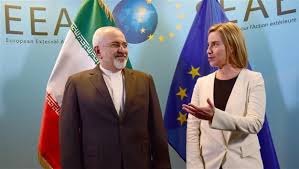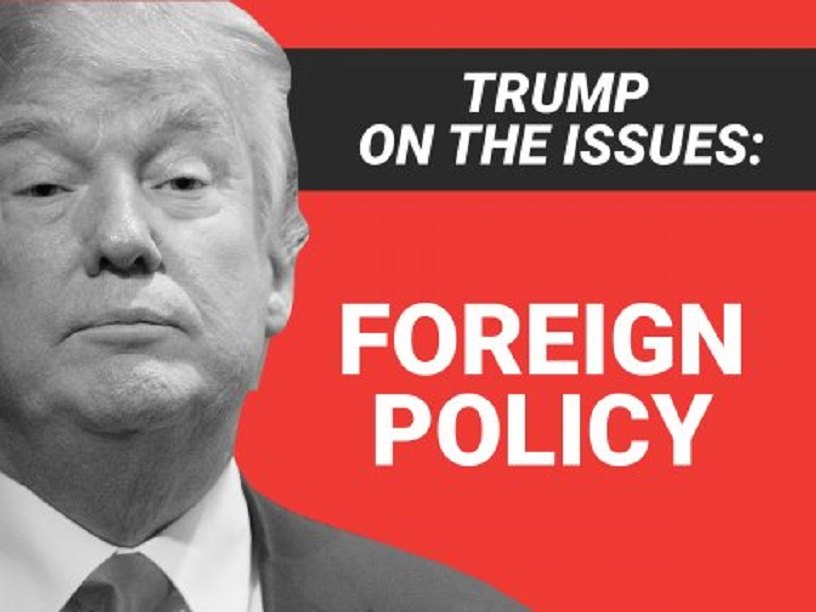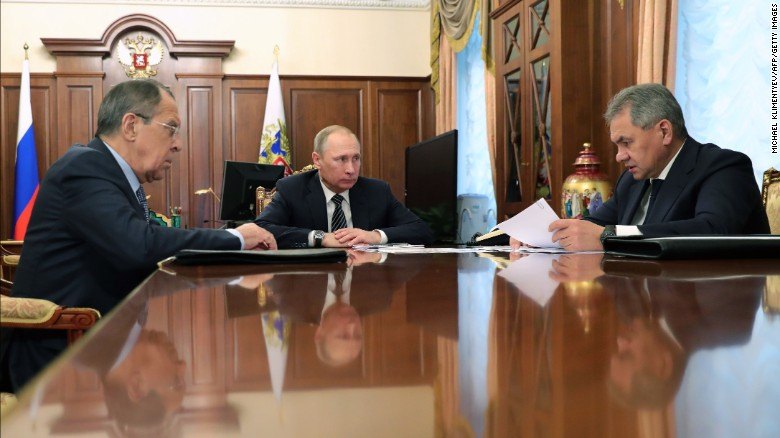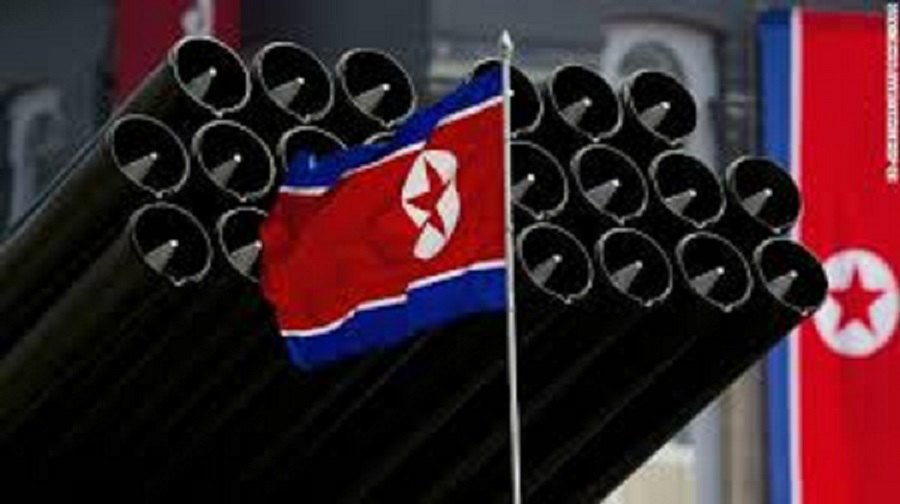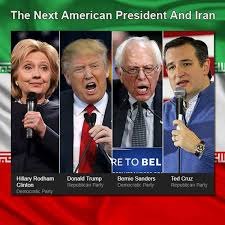Iran and Europe: Advancing an Inclusive Dialogue Strategy
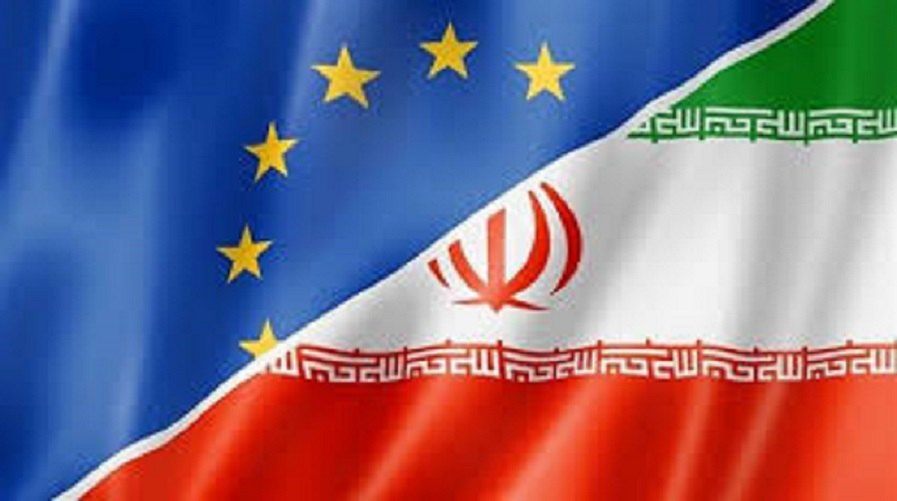
Yasser Nooralivand
Through a glance to the European statements, consultations and comments in recent days, one could conclude that the block has adopted a two-pronged approach towards Iran-US tension. On one hand they categorically defend the JPA and on the other, there is a talk of siding with the US in pressuring Iran to alter its missile program and regional activities, among them.
What is of utmost importance for the Europeans is JAP has turned Iran to a responsible actor in security rends of the region and though they assert its regional behavior is subject to criticism, in fighting with terrorism (ISIL war) and mending fragile states of Iraq and Syria after JPA played a security building and stabilizing role.
Though the JPA has offered a more responsible role to Iran in bringing stability to the region, the concern still exists in Europe that how the Iranian influence range and its type of regional action after the crises are being resolved and the region is stabilized, could be defined and to what extent the role is aligned with European security priorities.
The role played by the JAP in expanding ties between Iran and Europe and Iranian contribution to the regional stability on one side and having traditional, deep and strategic security and economic links with the US on the other, requires that cooperation between them endure for the good of European stability and security.
To implement the said two-pronged strategy and attaining the desired result of it, the Europeans are acting based on three principles: Firstly, endeavoring to make distinction between JAP and other threats pertinent to Iran; secondly, playing a mediating and balancing role in tension between Iran and the US; and thirdly, avoiding reaching final point of selecting Iran or the US.
Europe opted out for a capacity building act between Iran and the US because through controlling the trend of events, they could prevent developments from reaching the point where they are forced to choose only one between Iran and the US.
The Iranian strategy like that of Europe, should be controlling the trend of events in order to prevent them from reaching a point making Europeans to single out one: Iran or USA.
endurance of our interaction with Europe and keeping the block in our axis for the purpose of expansion of relations, saving the JAP and warding off the missile program as well as regional activities from becoming consensus building security issues, depend mainly on our type of behavior and the extent to which we could mitigate concerns over European security priorities rather than the level and type of links between the US and the EU.
It is proposed that while Iran keeps on complying with the nuclear agreement, announces that it is prepared to start a dialog with the EU as some sort of a tactical initiative to alleviate regional and missile concerns of the block (inclusive dialog strategy).
If there is supposed to be no talks and agreement on the missile program and regional influence based on fundamental policies of Islamic Republic of Iran, it is possible to opt for an alternative solution which could be at least paving the way for a dialog and abolishing mutual concerns in this regard, including them in the thematic framework of “inclusive dialogs” which would be held periodically between Iran and the EU.

